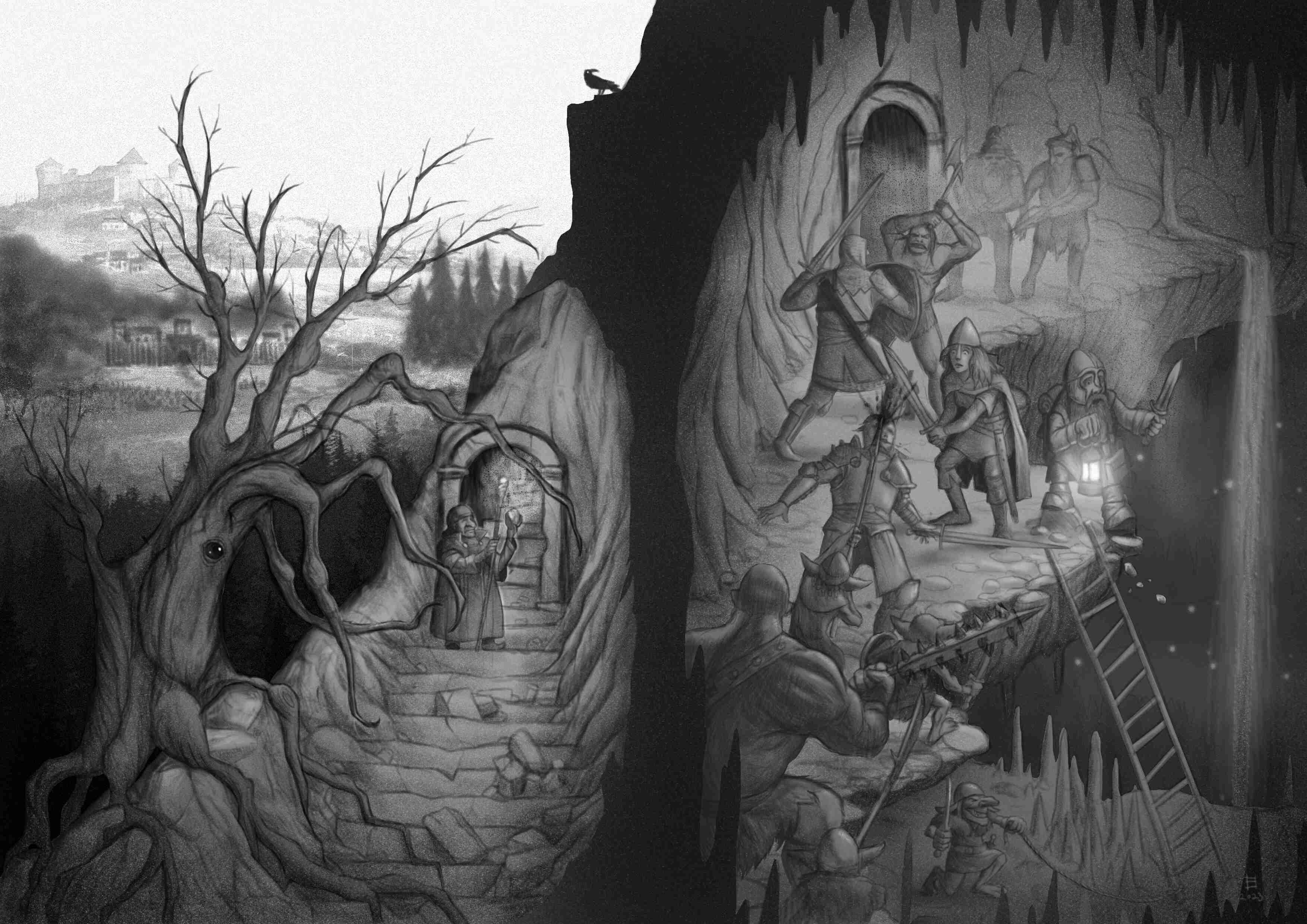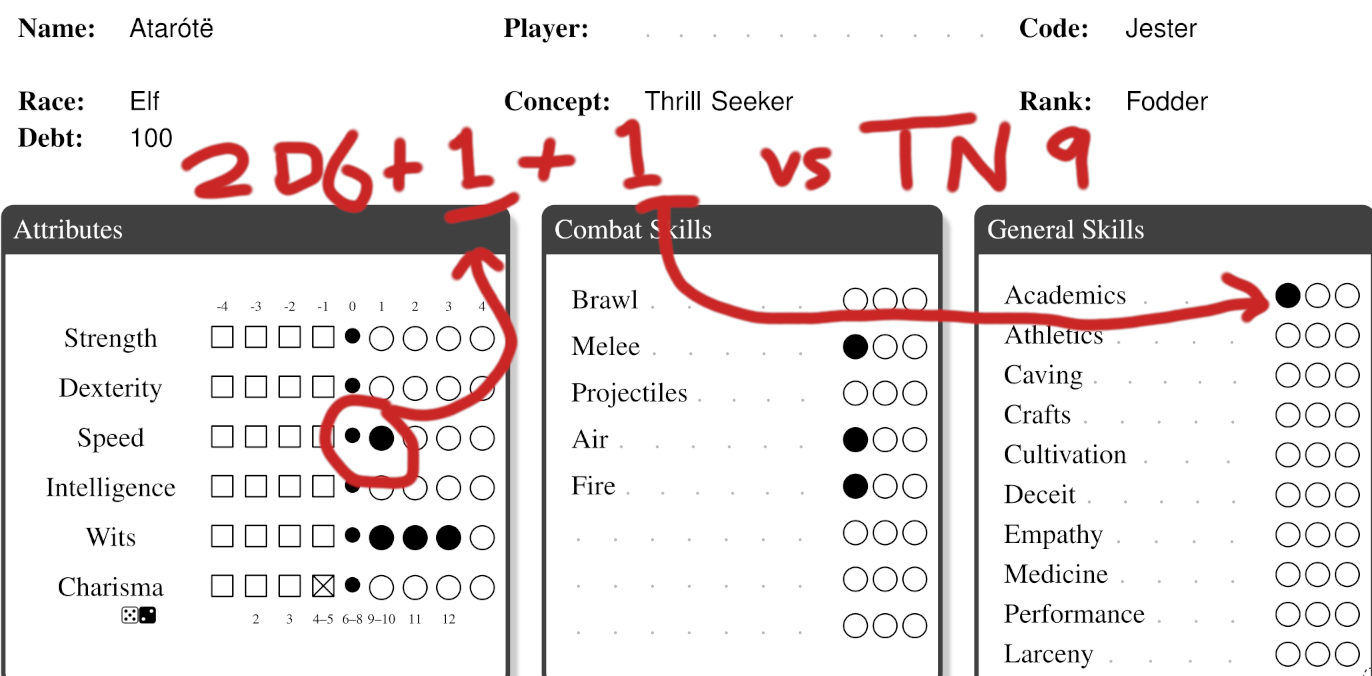

I don’t know if Google docs count as a ‘source file’. It’s clearly the source. Is it a file? I guess everything’s a file if you go by the UNIX definition, so ‘close enough’?
Licensing riddles aside, it looks great, and it’s nice seeing a fast-paced intro that gets straight into what the game’s about.








The licence doesn’t appear on the page.
Itch lets you select a licence, which will help people search. Under the game, Edit --> Metadata, and select which creative commons licence (there are many).